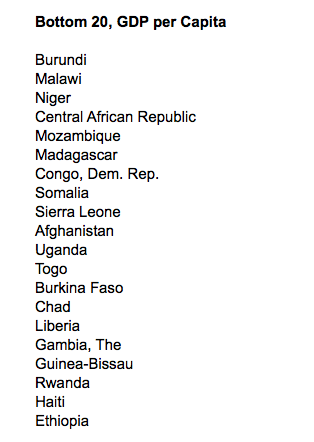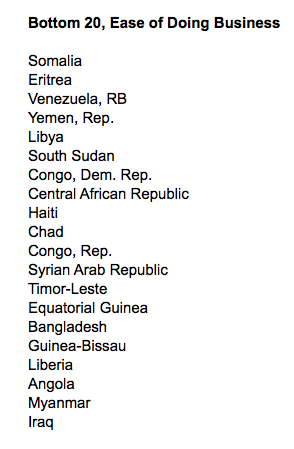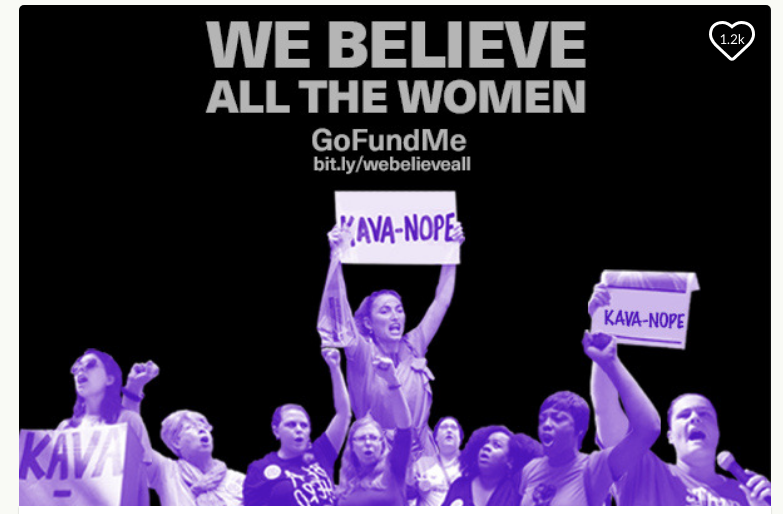There’s a category of question for which the best answer is: “Compared to what?” The question asked by my blog title is one of those, prompted by a recent comment on a long-ago post ‘Israel and the Presbyterians‘.
You mention above that Israel is… “the oldest democratic state in the Middle East..” Can you please tell me why – and give me examples – of your believe that Israel is a Democratic government?
Is Israel a democracy? I believe so, although Israel has engaged in some rough behavior. Many might point to Israel’s occupation of the West Bank as un-democratic. Equally, the United States is a democracy, but Bernie Sanders supporters can point to his treatment by Democratic party insiders as un-democratic.
Is Israel a democracy? Compared to what? Actually, there’s an index for that, published by the UK magazine the Economist. See the Wikipedia article here which reproduces that index as a ranked list, and the Economist’s own post here, providing a more graphical (my opinion – less useful) treatment.
According to the ranking published by Wikipedia, Israel is high on the list at 30, between France and Belgium. The United States ranks at 25. It’s significant that Israel’s neighbors don’t rank high as democracies: Egypt is 127, Jordan is 115, Iran is 150; all solidly in the bottom half of the list.
Wandering off-topic a bit, where do the seven countries in my Shithole Countries Index appear in the democracy index? The full democracy ranking contains 167 countries. Here are the seven bad-boy countries and their democracy rankings:
Central African Republic 164
Chad 163
Democratic Republic of Congo 165
Guinea-Bissau 157
Haiti 102
Liberia 93
Somalia (not listed)
None of them reach the top half in the democracy ranking. That indicates a link between democracy and material prosperity, yes?
Bottom Line
Yes, Israel is a democracy. Compared to what? Compared to France and Belgium. Compared to Iran and Egypt.


